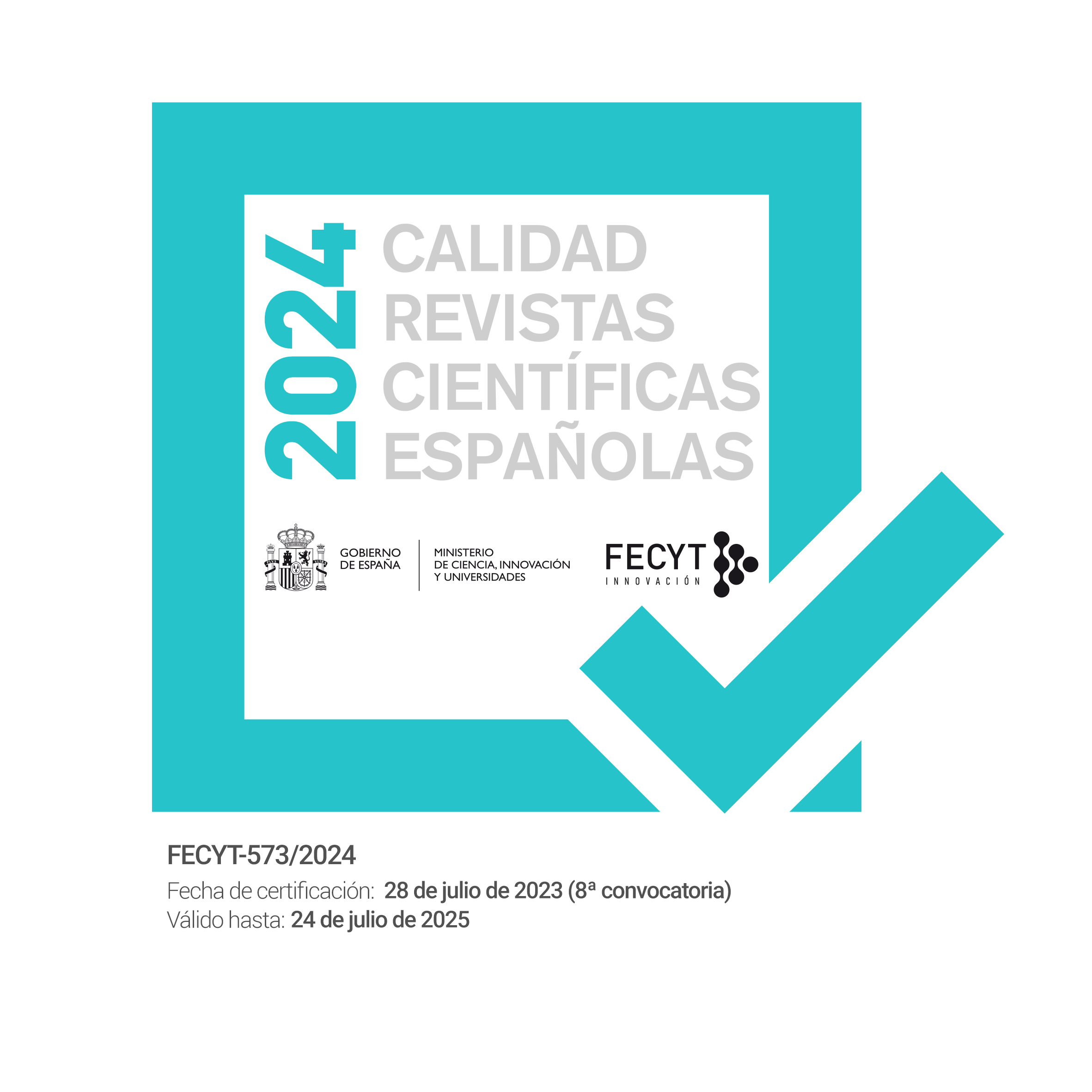Chamada a artigos Número A37 Habitação emancipatória
Editor convidado: Dr. Jorge Minguet Medina (Escuela de Arquitectura, Universidad de Málaga)
A habitação do cidadão comum - não o palácio ou o convento - não foi considerada Arquitetura até que este, submetido às pressões laborais da descomunalização e da Revolução Industrial, se tornasse uma massa de população urbana e aglomerada. Foi o medo dessa massa - tanto ou mais do que a piedade por ela - que impulsionou o desenvolvimento da habitação coletiva como disciplina arquitetônica que, consequentemente, desde o seu nascimento, incorpora uma aspiração normalizadora conducente à conformidade social dos seus habitantes. "Se o trabalhador tiver a sua própria casa, não temo nenhuma revolução", dizia Lord Shaftesbury, um dos primeiros e mais importantes filantropos dedicados à promoção e ao estudo da habitação social.
Hoje em dia, não se espera mais a revolução. Talvez por isso, as condições das moradias e o acesso a elas estão a subir degraus de dificuldade e miséria, impensáveis há algumas décadas, sem que haja uma reação adequada por parte das administrações públicas em qualquer escala. Décadas de desregulamentação e ênfase no individualismo e nas leis de mercado, transformaram o mercado habitacional não apenas em um dos mais desregulados, mas um dos favoritos para especulação internacional, cada vez mais alheio da habitabilidade. As influências globalizadas que confrontam a migração forçada de pessoas com o livre fluxo de capitais financeiros e os nômades digitais têm incorporado dificuldades antes inconcebíveis, que remetem a escalas distantes do local e regional. As administrações públicas responsáveis pela habitação, que operam nessas escalas menores, encontram-se ou impotentes diante desses problemas ou, se forem de ideologia neoliberal, deliberadamente os potencializam. Assim, o mercado da habitação, transferido do local para o global, deixa progressivamente de ser acessível ao cidadão e ao habitante comum, não apenas como proprietário, mas até mesmo como locatário.
No entanto, os Direitos Humanos, as Constituições Nacionais, e outras declarações de direitos desconsideradas em todas as escalas, continuam a reconhecer o Direito à Moradia como fundamental, visto que é necessário para a construção pessoal e social do indivíduo sobre o qual residem tanto o conceito de democracia quanto o de capitalismo, que, exacerbado, chega a se opor a ele. Precisamos pensar a habitação como um elemento capaz de nos conceber autonomia e de construir nossa identidade e senso de pertencimento, assim como as relações mais básicas em nosso entorno social imediato, como posição no mundo. A democratização da sociedade não é possível sem a resolução dos problemas habitacionais mais prementes. A habitação é emancipadora, e essa capacidade pode ser desenvolvida em todas as escalas: desde a conceção detalhada da habitação até políticas em todas as escalas, inclusive internacionais, para a sua regulamentação, promoção, controle, etc.
São solicitados artigos que reflitam sobre esses temas a partir de qualquer uma dessas perspectivas ou escalas: desde a narrativa histórica dos problemas relacionados, global ou localmente; até propostas de medidas, políticas e sistemas de conceção e construção, bem como de posse e gestão, voltados para compreender e promover a dimensão emancipatória da habitação. Essa chamada busca expressamente abranger a multidimensionalidade do problema e espera criar vínculos entre abordagens muito diversas, mas de alguma forma convergentes na ampla ideia que se persegue.
Chamada para envio de artigos: lançamento em 16 de maio de 2023.
Prazo final para recebimento dos artigos: 14 de octubro de 2024.
Comunicação aos autores: 14 de dezembro de 2024













